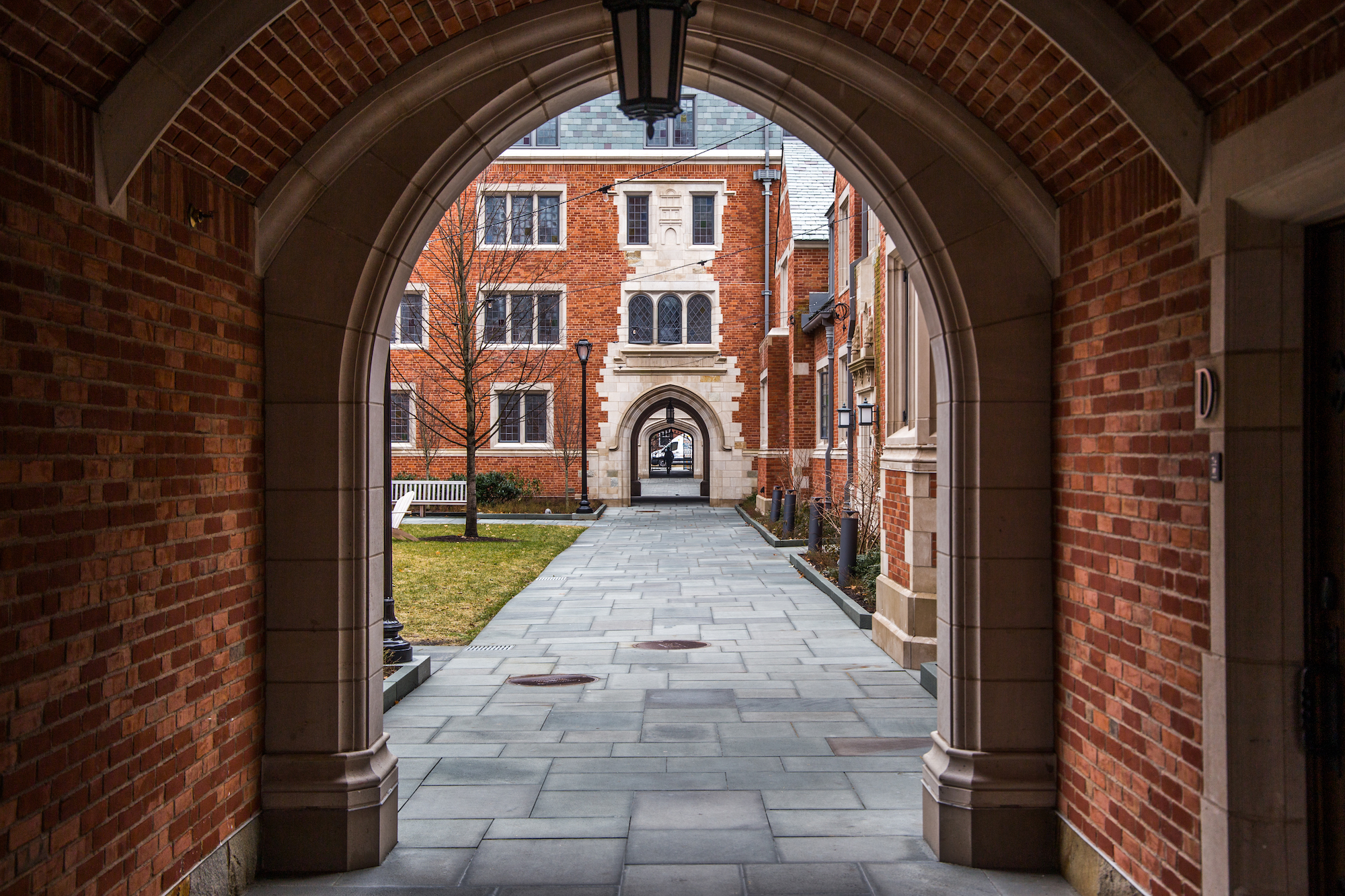
Lucas Holter, Senior Photographer
Ask any undergraduate student at Yale to introduce themselves, and they will likely mention their residential college as a pertinent aspect of their campus identity. But for some students, their randomly assigned college does not provide the community they hoped it would — and in a normal year, those students would have the option to request a transfer in residential college affiliation.
However, in last week’s announcement to undergraduates that previewed the preliminary housing plans for the 2021-22 academic year, Dean of Yale College Marvin Chun announced that the moratorium on residential college transfers put in place last year will continue for next academic year. Historically, residential college transfers have been dependent on the limited availability of beds in a certain college. The continued suspension of residential college transfers aims to address the historic housing demand sparked by an increase in pandemic-caused leaves of absences and to simplify the complex housing lottery process.
“Given that we know that things are so tight next year and that every college is full, colleges want to prioritize the students in their colleges, so no one is able to consider transfers coming in,” Chun told the News. “Basically it’s like musical chairs. Right now, there are just no chairs to move to and no empty chairs to sit down on.”
According to the Yale College Undergraduate Regulations for 2020 2021, in a typical year, students may request a transfer from their assigned residential college to another college. These requests “will be granted when a student has compelling reasons and there is space in the college to which he or she wishes to transfer.”
The Undergraduate Regulations state that normally, transfer requests must be made in early February for the following fall term. Students in “unusual circumstances” may ask to transfer affiliation at other times of the year, and these requests would be considered on a case-by-case basis.
According to Chun, the inability to transfer residential colleges may have posed a problem for students in the past, especially because many students use the transfer option to live with friends from other colleges.
Likewise, Dean of Student Affairs Melanie Boyd said the main reason students generally request to transfer residential colleges is to live with friends from other colleges. However, other reasons include participating in another college’s senior events — in particular, commencement. Boyd noted that in those cases, the transfer does not need to be formal, as it is usually possible to “affiliate informally just for those senior events.”
Boyd told the News that for many years, the number of college transfer requests was “no more than a few dozen across the then-12 colleges.” Boyd said the numbers rose sharply after the completion of Benjamin Franklin and Pauli Murray colleges, as she said the idea of transferring into those colleges sparked student interest in the idea of transferring in general.
Boyd did not know offhand the average number of students who requested transfers in the past few years, but she did state that it was not unusual for colleges to decline transfer requests, both before and after the opening of the new colleges.
Chun said the new mixed-college housing option available to juniors and seniors will help relieve the demand and pressure for residential college transfers.
Through the policy, students can apply to live with their friends from other colleges in McClellan Hall on Old Campus and Arnold Hall on Broadway — something that was not possible before except through transfers, according to Chun.
“Actually, I estimate that the interest for mixed college housing is similar if not larger than the number of transfer requests we usually get,” Chun said. “There is a transfer demand we are meeting with the mixed college housing.”
Like Chun, Boyd mentioned that college transfer requests may decrease due to the introduction of mixed-college housing. Boyd also emphasized that next year, “if things go well” and if the pandemic’s safety measures do not need to be as strict, the colleges will be much more open, with students having the ability to move more freely throughout the colleges and spend more time with friends across the University.
“But for students who are not able to find housing there, I would give them the same advice that I would give students who in past years were not able to transfer: remember that housing options increase with seniority, so be thinking about next year,” Boyd wrote to the News. “But for now, explore your options in your current college, and talk with your friends in it, so that you are ready when your lotteries and room draws come around.”
While Chun acknowledged that mixed-college housing only being available to rising juniors and seniors creates “an unfortunate limitation” for rising sophomores, who will be unable to either transfer colleges or utilize mixed-college housing, he is hopeful that students will be able to make the best of staying in their current residential college for at least another year.
The residential college system has been a feature of Yale student life since the 1930s.
Julia Bialek | julia.bialek@yale.edu









